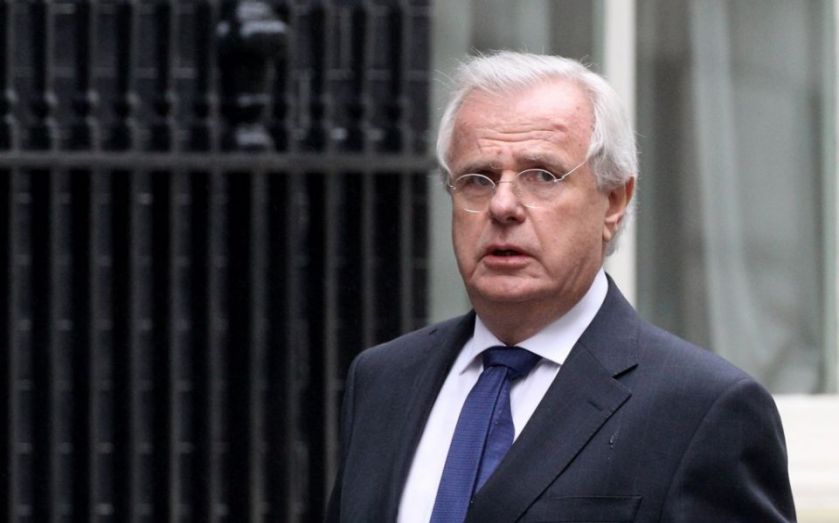Lord Myners’ report could finally ease pressure on Vince Cable over Royal Mail

Vince Cable knew what he was letting himself in for when he asked Lord Myners to oversee a review of the British government’s privatisations.
So the business secretary will, I suspect, be relieved that the independent-minded former City minister has concluded that taxpayers were less short-changed from Royal Mail’s initial public offering (IPO) than had been suggested by MPs earlier this year.
Lord Myners’ report, to be published today, will rebut the argument made by the public spending watchdog and a select committee that up to £1bn was left on the table for private sector investors because the flotation was woefully underpriced.
In fact, Lord Myners will say, there is no evidence that ministers could have persuaded investors to pay the kind of price which Royal Mail’s shares traded up to on their debut.
That will offer vindication to Cable, who has stuck doggedly to his remark about the initial “froth” in Royal Mail’s share price.
But there are also valid criticisms from the panel led by Lord Myners, including the judgement that the reliance on the market convention of a bookbuilding process was ultimately too conservative.
Recommendations including reforming the approach to blackout periods and accelerating entry to indices smack of common sense.
Sensible as they are, though, the reality is that the cupboard is virtually bare when it comes to other assets privatisable via a Royal Mail-style delivery.
CARNEY – NEW WATCHDOG CHAIR?
Of the multitude of things for which Martin Wheatley is known, understatement is not among them.
So the Financial Conduct Authority (FCA) chief executive’s assertion that the botched briefing of its insurance industry probe earlier this year was “not our finest hour” demonstrated a hitherto inconspicuous talent.
Wheatley cannot afford another major error on his watch. But the decision not to dispense with him last week as a result of the blunder reflected the reality that finding bosses of regulators is as difficult as identifying suitable candidates to run banks.
The same argument might not apply to the FCA chairman, John Griffith-Jones. He was already a questionable choice because of his previous role as the UK chairman of KPMG, the accountant at the centre of the inquiry into HBOS’s collapse.
And he cut an unconvincing figure last week responding to questions about Wheatley’s future and the competence of the FCA following Simon Davis’s excruciating report.
One idea being kicked around by senior bankers is that Mark Carney, the Bank of England governor, could replace Griffith-Jones.
The idea possesses some logic: he already chairs its sister regulator, the prudential regulation authority.
Of course, the burden of Carney’s responsibilities hardly affords him much spare time. But appointing him to replace Griffith-Jones might help to restore market confidence in the FCA.
BORED BUREAUCRATS
From one regulator to another: a delicious piece of gossip reaches me about the process for selecting the next chief executive of media watchdog Ofcom.
My mole at the Treasury tells me that one of the runners-up to Sharon White was John Kingman, her fellow second permanent secretary. Kingman only returned to the Treasury in 2012 after a stint advising corporate clients at Rothschild. So his interest in the Ofcom job is intriguing: is he unhappy in his current role? Does he worry about life at the Treasury being less interesting after May’s general election?
Whatever the answer to those questions, his decision to allow his name to go forward makes Kingman – whose style is often described by colleagues as abrasive but effective – poachable once again.